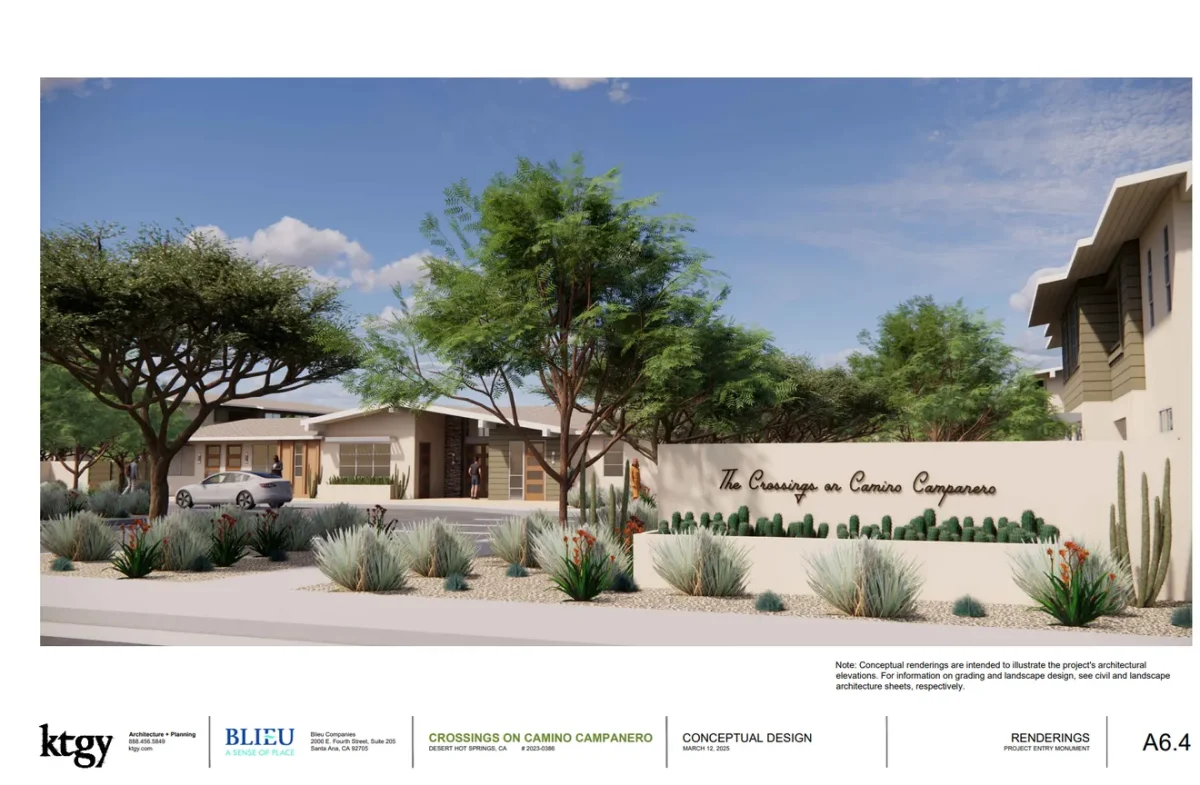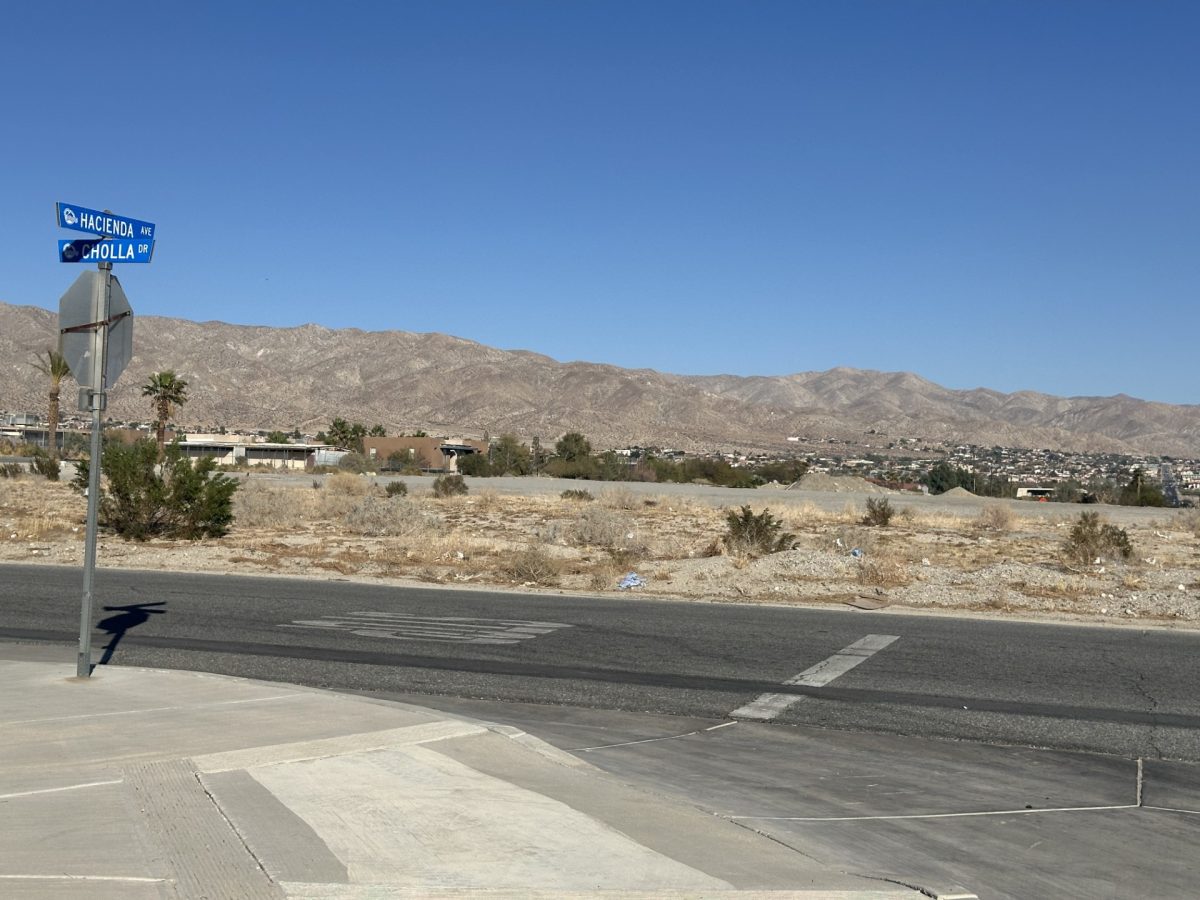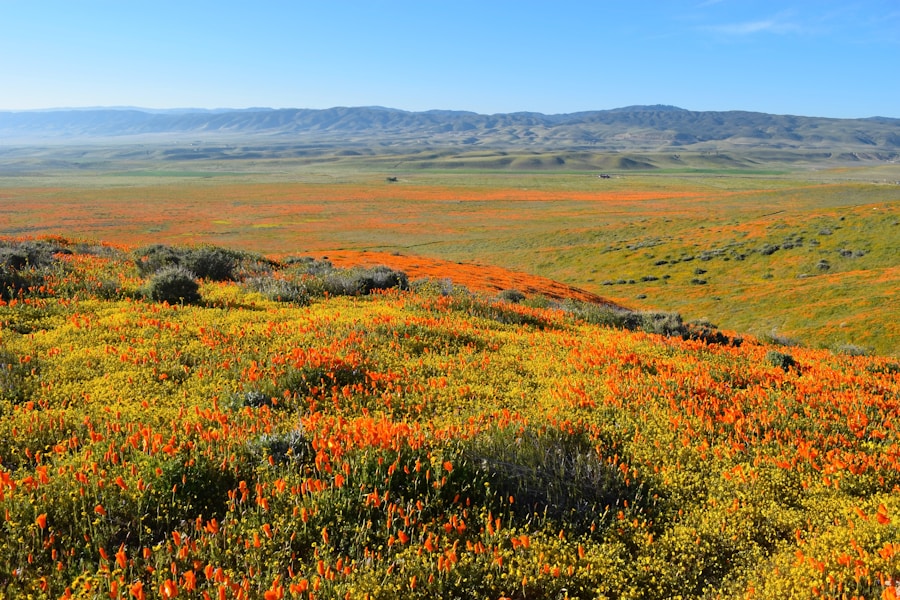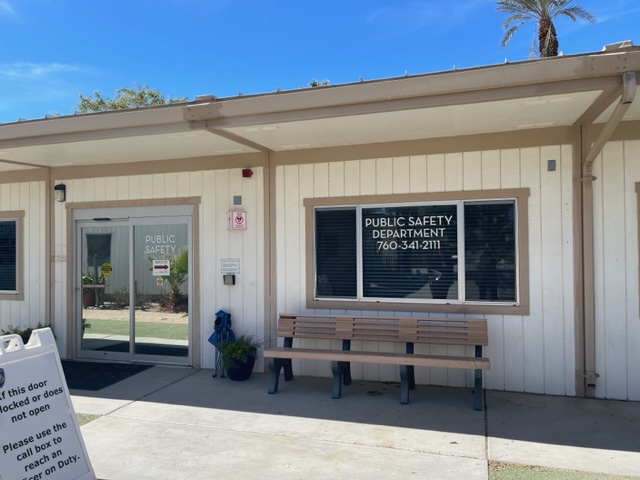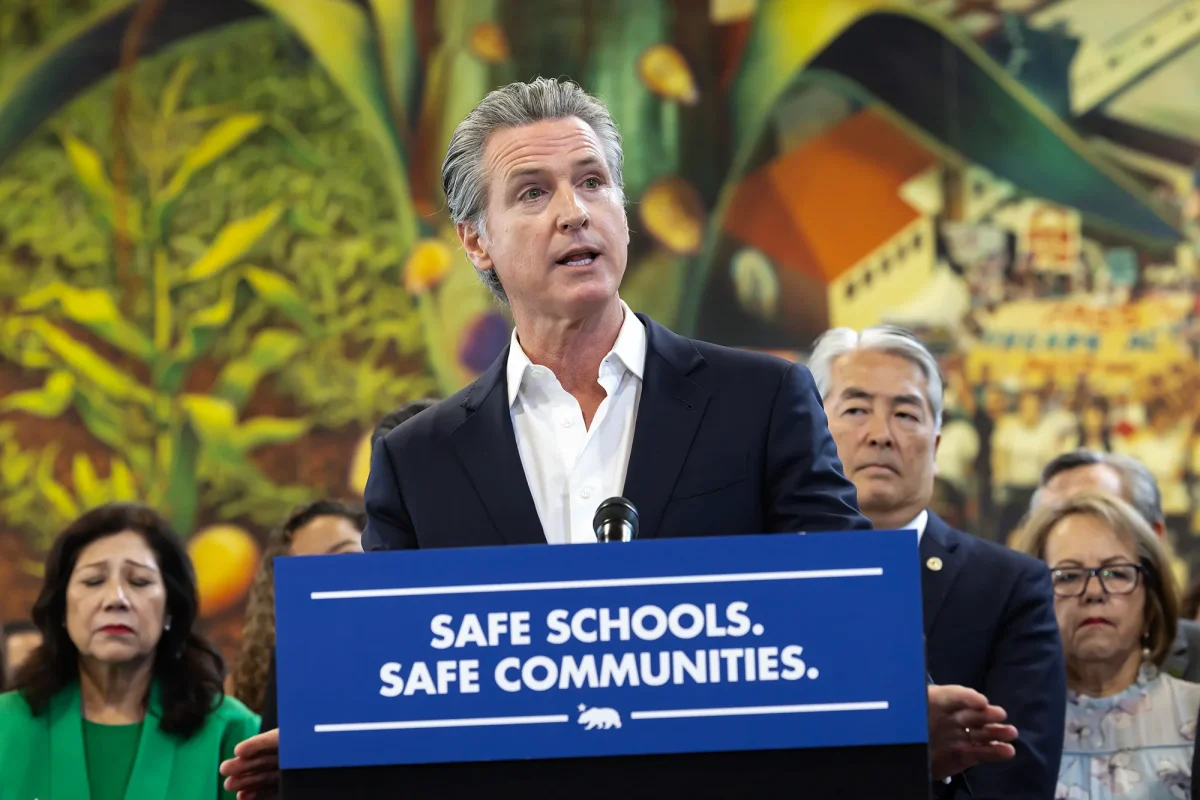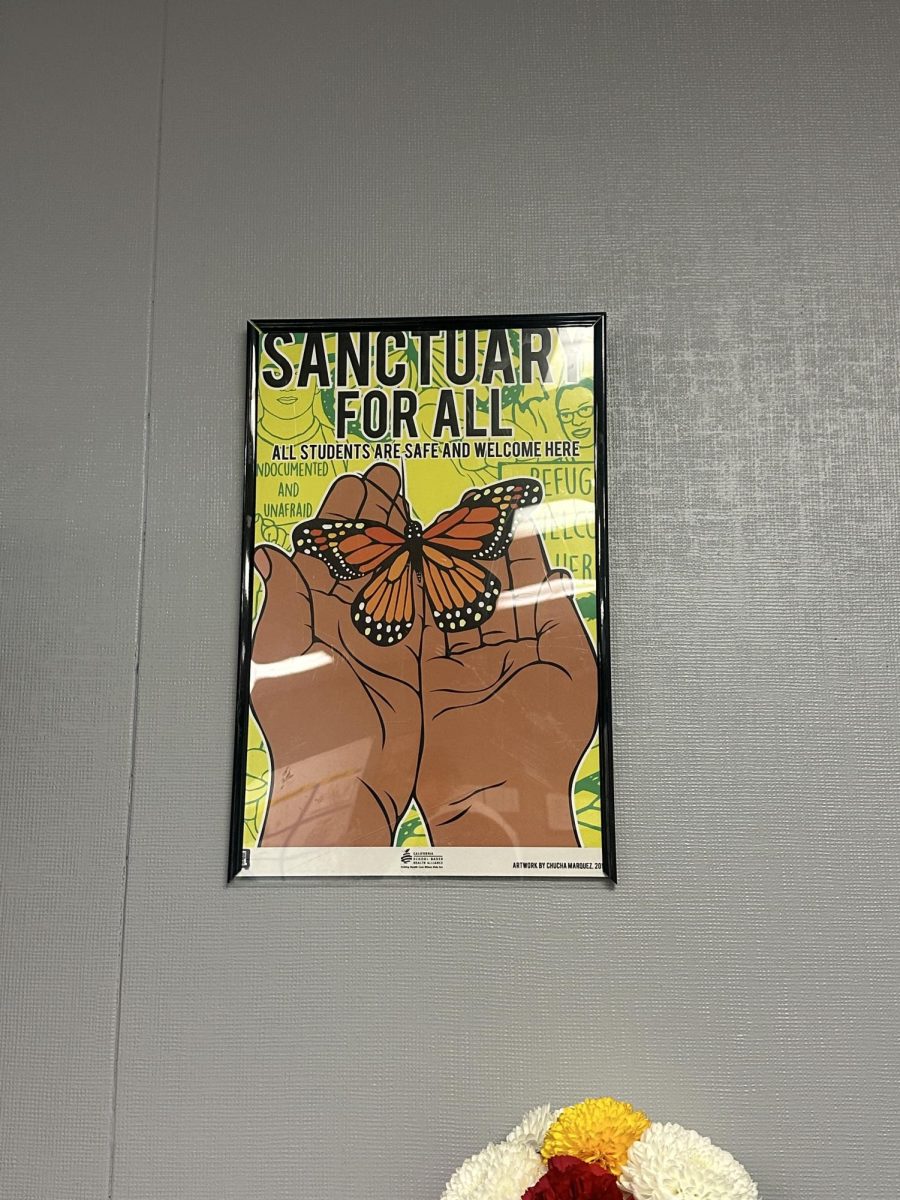The city of Desert Hot Springs has enacted an urgency ordinance banning homeless encampments on all public property, marking a significant local response to California’s escalating homelessness crisis. The move aligns with a broader push by Gov. Gavin Newsom, who recently introduced a statewide model ordinance to prohibit encampments on sidewalks, parks and other public spaces.
Passed on March 18, 2025, the Desert Hot Springs ordinance — requiring a four-fifths vote to take immediate effect — amends Chapter 12.04 of the city’s municipal code. It declares it unlawful to camp, sleep or store personal property in public areas, including sidewalks, streets, waterways and parks. The city cites increasing health, safety and environmental risks as the primary motivation for the regulation, pointing to rising crime, unsanitary conditions and damage to flood zones and city facilities stemming from existing encampments.
“The health, safety and well-being of unhoused individuals and our broader community are being compromised,” the City Council stated. “It is imperative to act urgently to protect both.”
The ordinance empowers the city to remove encampments with at least 48 hours’ notice, or as little as three hours in emergencies. The city has also committed to humane enforcement protocols, including storage procedures for personal property.
This local action aligns with Gov. Newsom’s latest initiative to address homelessness statewide. His proposed ordinance — backed by $3.3 billion in funding — aims to pair stricter enforcement with expanded access to housing and mental health treatment. Newsom’s executive order urges all municipalities to adopt similar measures.
“Decades and decades of neglect have left hundreds of thousands — if not millions — of Californians struggling with mental health issues and substance use disorders,” Newsom said. “It’s time to act with urgency.”
Across the Coachella Valley, cities such as Indio and Palm Springs have already implemented similar approaches. Indio’s ordinance took effect in late 2023, with enforcement beginning after the city opened a navigation center. Police now use drones and mental health outreach teams to identify and assist individuals in remote encampments.
News of the ordinance has sparked numerous reactions from Desert Hot Springs residents. One resident called the ban on encampments “good for the city, and it will benefit the homeless long term.” Another resident, David Barroso, said in an interview, “I truly think the city is making the right decision. There are numerous resources for the homeless, not just in Desert Hot Springs but throughout the Coachella Valley. I think we should work to provide even more for those who really need it.”
Palm Springs has introduced an Impact Team made up of patrol officers and outreach workers who inform individuals of available services and the implications of the new laws.
In Desert Hot Springs, officials established the HUB in 2023 to serve as an emergency shelter. However, transitioning individuals from encampments to the shelter has proven difficult, with officials citing reluctance and logistical challenges.
Still, the City Council maintains that the combination of legal enforcement and supportive services is essential to restoring public spaces and offering safer alternatives for unhoused residents.
As cities across California reevaluate their approach to homelessness under legal and political pressure, Desert Hot Springs’ ordinance may become a blueprint for smaller communities navigating similar challenges.
For more information on this topic, visit the official Desert Hot Springs city website.

